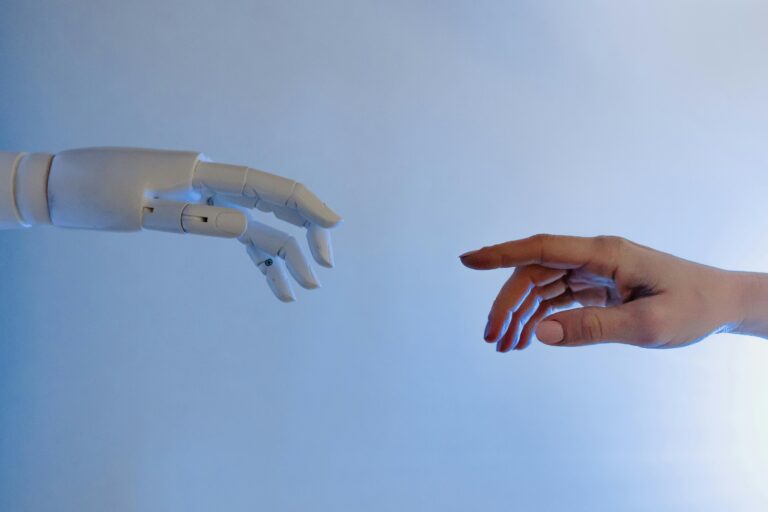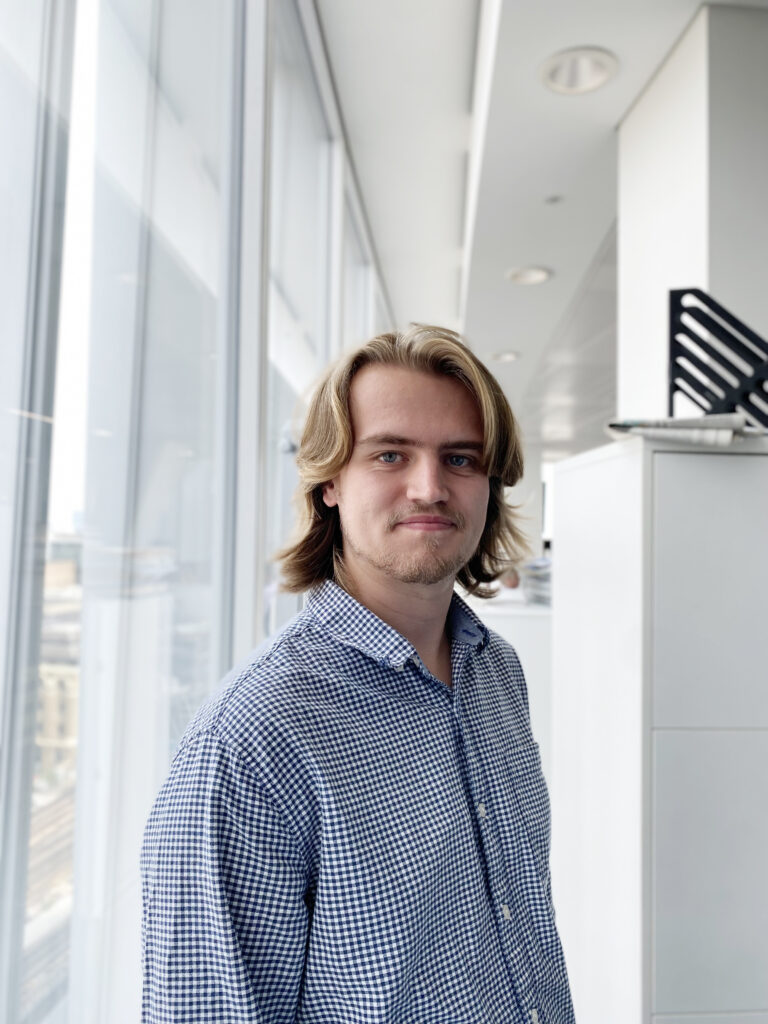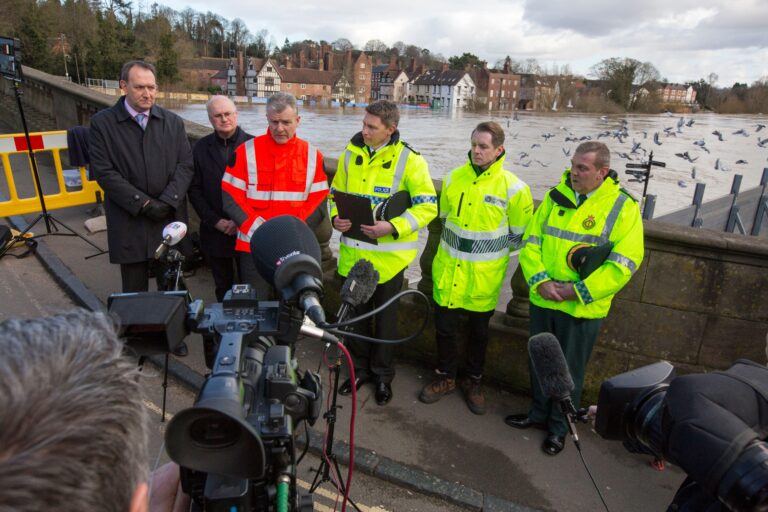Preparing spokespeople for print, radio and television interviews is one of the bespoke services PA Media Academy provides – and we’ve been delivering this specialist training for over 20 years.
Over the eight years I have worked in this area, we have trained delegates from every type of organisation on hundreds of different scenarios and interview formats.
What does your role entail?
As media training manager, I am involved in the process from start to finish and work with clients to plan and shape their training, before managing the delivery of the course. Logistics, planning and project management form a natural part of my skillset from previous roles I have held in events, hospitality and when I worked in Sydney for 2 years when the Olympic Games were on in 2000.
Once I know key information such as delegate numbers, the overall objective and type of training required, I begin working on a proposal of recommended course options from our large suite of bespoke media training and group workshop formats.
This process sometimes takes a while with back-and-forth correspondence as we work with the client to create their ideal training course, which matches their desired learning objectives and fits within their budget. Finding a suitable time frame to deliver the course in busy people’s diaries is sometimes no mean feat.
How do you decide where the training is held?
We have a variety of options available and always try to make sure the training setting replicates the real-life situations clients will face.
We offer in-person training in either our pop-up studio which can also be taken to client’s sites around the county or broadcast-quality studios near Westminster, London. If clients will be giving most of their media interviews over the phone or via a video call, we can do the training remotely.
Our superb multiskilled radio and camera operators, and the broadcast studios I work with, are a key piece of the delivery puzzle alongside our expert suite of elite Journalist Trainers who deliver the courses.
What information do you need from prospective clients?
I usually work with the client’s communications and/or PR lead during the media training planning process as they know the messages the organisation is looking to deliver.
Some delegates might come to us having already delivered a broadcast interview which didn’t quite go as they would have liked. But well-prepared organisations commission training to ensure their spokespeople feel confident and ready to handle media interviews, whether they are for a product launch, new campaign or financial results announcement. Other clients want to test their crisis messages and run through a simulated crisis they may face.
I work very closely – and confidentially – with the comms and PR lead from the outset, to discuss delegates and any upcoming media appearances or likely media appearances they may face.
We’ll agree on how we will mock-up scenarios on the day based on who delegates may usually speak to – which could be anything from newspaper, radio and TV interviews, to select committee appearances and panels. We also train people who need to present on camera, either for internal videos or town halls.
What can delegates expect?
Delegates themselves receive little information from me in advance, bar a welcome email with instructions on where to attend the training and an agenda for the session. The hard work for them is the thinking, preparation, rehearsal and learning on the day.
Some delegates can be natural performers, but many others may come to training with a fear and dread of saying anything in public, let alone on camera. I make sure all delegates feel as comfortable as they can in what is often a very unfamiliar and can be uncomfortable setting (for the best possible reason).
To see their progression from the start to the end of the session is incredibly rewarding. I love to see them leave training confident and energised – rather than traumatised! – and usually full of adrenalin, with all the tools they need to engage with the media.
What do you do on a training day?
When people say no day of their job is the same, I can 100% attest to that. On a training day, I might start my morning by directing our specialist radio and camera technicians to set up for a surprise doorstep interview on our unsuspecting delegates on arrival.
If we are being a bit kinder, we might begin with a down the line radio interview, face-to-face print interview or a mock panel exercise.
As the day goes on, I may step into roleplay by acting as an audience member for a panel Q&A or phoning in during a radio interview posing as a disgruntled customer.
I have also previously set up mock protests using members of our PA team with placards and mock red-carpet appearances for celebrities, complete with helpful PA colleagues as fans taking photos and asking for autographs.
This part of the role is undeniably fun but again, the key aim is making the experience as realistic as possible for delegates.
What’s been the biggest challenge you’ve faced in recent years?
When the global pandemic hit, all our training courses were halted. At first, we hoped we would be able to resume training in person after a few months but it later became clear that was not going to be the case.
At that time, most of our training courses were delivered in person, but we knew we would need to investigate remote training options and give our clients reassurance they would benefit just as much.
So, like the rest of world, I rigorously tested and mastered the world of Zoom, navigating breakout rooms, waiting rooms and virtual backgrounds while figuring out the ideal recording formats and how to play back in the session.
Having perfected our remote training plan, we began to run remote courses to clients around the world in July 2020. This meant adapting our working hours – sometimes I was logging in at 5.30am to do technical checks for training starting at 6am in another time zone.
It was rewarding to react quickly to an unprecedented situation and we still offer remote training, giving us the opportunity to reach delegates based overseas or around the country, but it is also fantastic to welcome back delegates again with face-to-face training.


